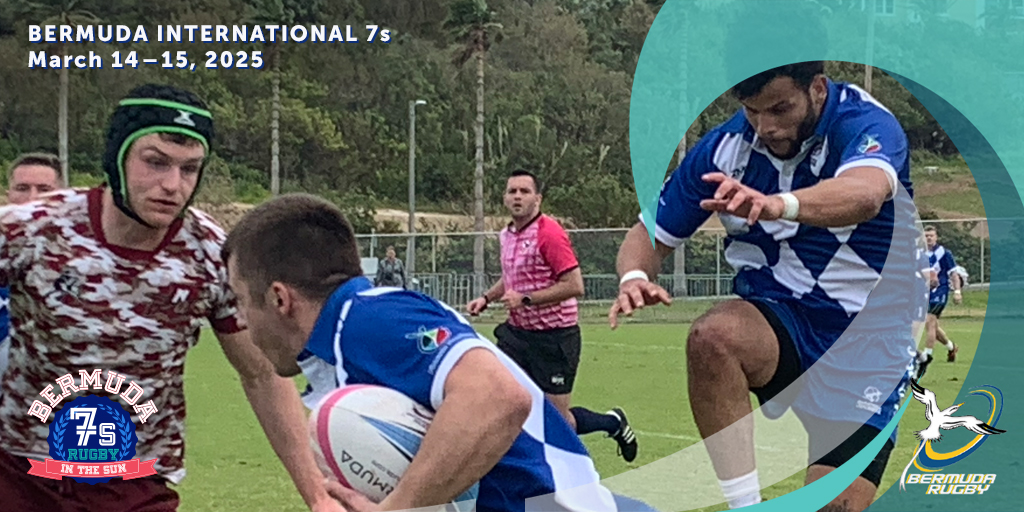Clemson Rugby celebrates its 50th anniversary on campus
More than 200 Clemson Rugby alumni, with families in town, converge on Clemson’s campus April 7-9 for an anniversary celebration. But the occasion does more than mark 50 years that the program has been on campus; it provides current and former players with the opportunity to renew old bonds and, perhaps, form new ones.
It is those bonds that have kept Clemson Rugby afloat for five decades, and it is those bonds that will continue to keep it thriving far into the future.
“I think one of the reasons why the club has lasted so long is that it builds very strong bonds on the field and off the field,” said James Baxter, who co-founded the Clemson Rugby Foundation in 2007 after the team had spent decades on campus largely as a hybrid sports program and social club. “It’s these incredible bonds that have kept alumni of the team in touch after graduation and that have led to strong alumni engagement with the club.”
Photo: 2016 Clemson Rugby Team members in Philadelphia. The Clemson Rugby Team in 2016, traveling to Philadelphia, Pennsylvania.
It seems rugby has a way of slipping into the bloodstream. It’s hard to pin down precisely what it is that makes the sport so addictive to some, but the camaraderie involved might just have something to do with it.
“I can’t really put my finger on it. Once you get the bug, it kind of stays with you,” said Scott Bridges, who played for the team from 1985 through 1987.
“Going into a rugby match, it’s a little bit of a battle,” Bridges said. “You practice hard against one another all week, and then you have that other team you play against on the weekend. There’s a lot of blood, sweat and tears that go into it. So you become close.”
Andras Bende, who played for Clemson rugby from 1994 through 1998, has experienced that bond. “Let’s put it this way, the rugby people outnumbered my side of the family at my wedding,” he said.
Organized rugby at the school dates back to 1967, when —Nick Schoular, Geoff Tyers, Jeremy Pike and Frank N. Mora III—founded the Clemson University Rugby Football Club. Schoular and Tyers hailed from the United Kingdom; Pike came from Australia, and Mora came from Puerto Rico. Students from various backgrounds joined in the following years, and the club began to grow by word of mouth.
“One of the team members came down the hall in Johnstone tossing a rugby ball, which I had never seen before,” said Jim McMillan, who played from 1969 through 1973. “He invited me out to see the sport, and my life was changed forever.”
Clemson Rugby was not exempt from growing pains. Good uniforms were difficult to acquire, as was a proper coach. In the leaner years, junior and senior players served as coaches. A women’s team popped up for a brief period of time in the 1970s, but it folded after only a few years in existence. (Women’s rugby has returned to campus off and on through the years.) Sustaining a successful rugby program has been a challenge.
Clemson’s rugby club started competing nationally in the 1990s, defeating a Harvard team in 1996 that had made it to the Elite Eight the previous year. In 1998, the team competed in the national playoffs in Texas.
For the first 20 years of Clemson rugby’s existence, it straddled the line between a social club and a serious team. The club structure allowed for friendships to form in the course of spirited competition, but the club was not a real factor on the national rugby scene. That began to change in the 1990s, when the club started to contend in national competitions. Clemson performed admirably on a fall tour in 1996, defeating a Harvard team that had made it to the Elite Eight the previous year. In 1998, the team competed in the national playoffs in Texas.
Since then, the club has continued to compete on the national level. Jim Gaine, who co-founded the Clemson Rugby Foundation with Baxter, says the foundation is responsible for hiring certified coaches and athletic trainers, ensuring that the club is able to compete at a high level.
Perhaps the Clemson Rugby Foundation’s greatest contribution, however, has been its ability to connect a vast network of former players and supporters with the team’s current iteration. Said Baxter: “We all want to know that there will always be a rugby team at Clemson.”
Glenn Bertram, Class of 2018, Clemson University Creative Services

